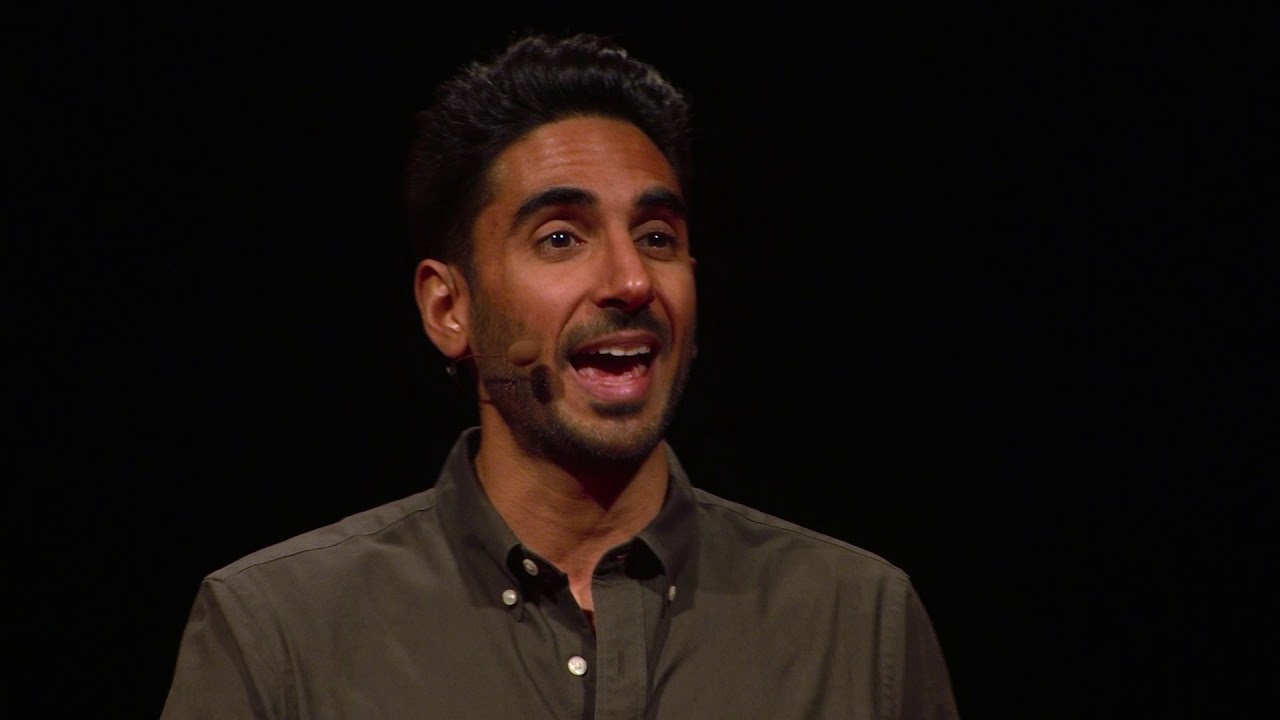The Role of Diet and Sustainable Eating in Energy Education
In today’s fast-paced world, it is crucial to understand the impact of our dietary choices on both our own energy levels and the environment. Diet and sustainable eating play a significant role in energy education, influencing not only our physical well-being but also the sustainability of the planet.
The Importance of Nutrition in Energy Education
Proper nutrition is the cornerstone of maintaining high energy levels and overall health. Dietary choices rich in essential nutrients such as vitamins, minerals, and antioxidants can boost energy levels, improve cognitive function, and enhance overall well-being. By incorporating a variety of nutrient-dense foods into our diets, we can fuel our bodies effectively and sustainably.
Key Nutrients for Energy
Essential nutrients such as iron, vitamin B12, and omega-3 fatty acids play a crucial role in energy production and metabolism. Including foods rich in these nutrients, such as leafy greens, fish, nuts, and seeds, can help maintain optimal energy levels throughout the day.
Sustainable Eating Practices for Energy Efficiency
Adopting sustainable eating practices not only benefits our health but also contributes to the preservation of the environment. By choosing locally sourced, organic, and seasonal foods, we can reduce our carbon footprint and support sustainable agriculture practices.
Benefits of Sustainable Eating
Sustainable eating promotes biodiversity, reduces food waste, and supports local farmers and producers. By prioritizing sustainable food choices, we can create a more resilient and environmentally friendly food system for future generations.
Integrating Diet and Sustainability into Energy Education
Energy education encompasses not only the physical aspects of energy production but also the broader implications of our lifestyle choices on the environment. By educating individuals on the importance of diet and sustainable eating practices, we can empower them to make informed decisions that benefit both their health and the planet.
Practical Tips for Sustainable Eating
- Choose organic and locally sourced foods whenever possible
- Reduce meat consumption and opt for plant-based alternatives
- Minimize food waste by meal planning and proper storage
- Support sustainable food producers and farmers markets
Conclusion
In conclusion, the role of diet and sustainable eating in energy education is undeniable. By prioritizing nutrient-dense foods, adopting sustainable eating practices, and educating individuals on the importance of conscious food choices, we can create a healthier and more sustainable future for all. Let’s harness the power of diet and sustainable eating to fuel our bodies, protect the environment, and promote energy education for generations to come.





